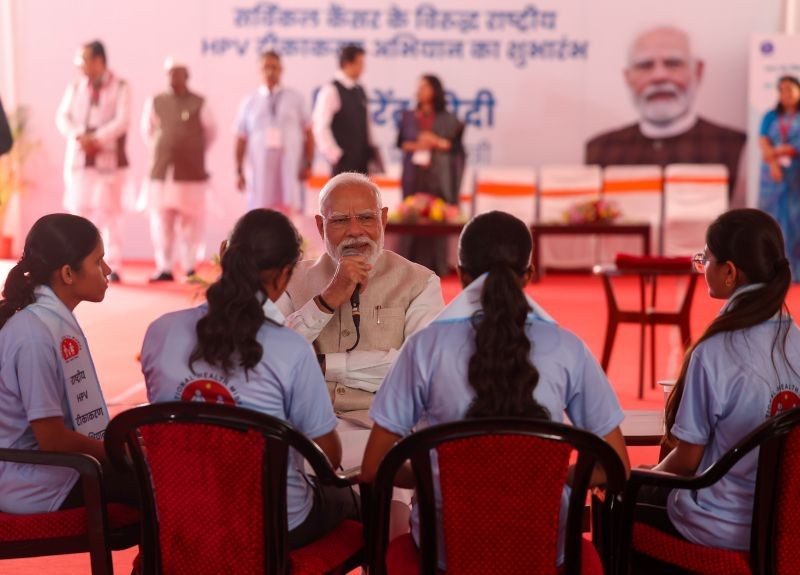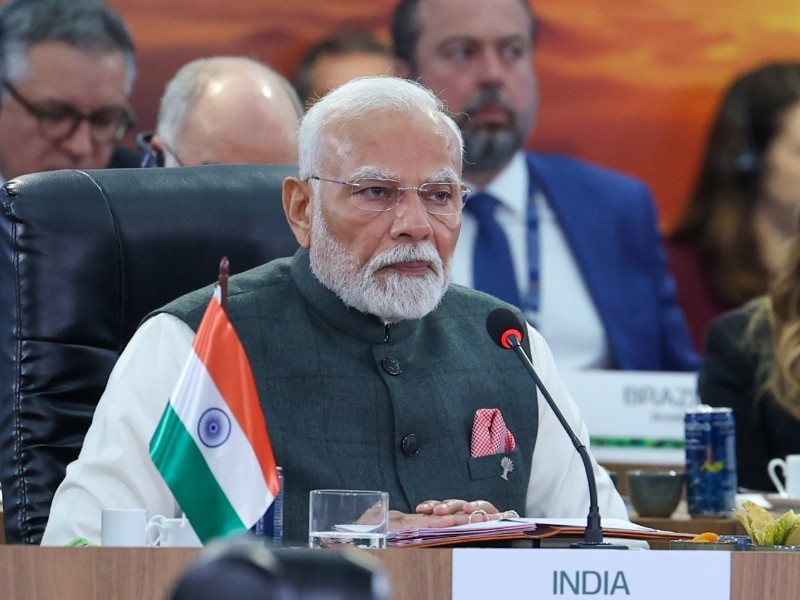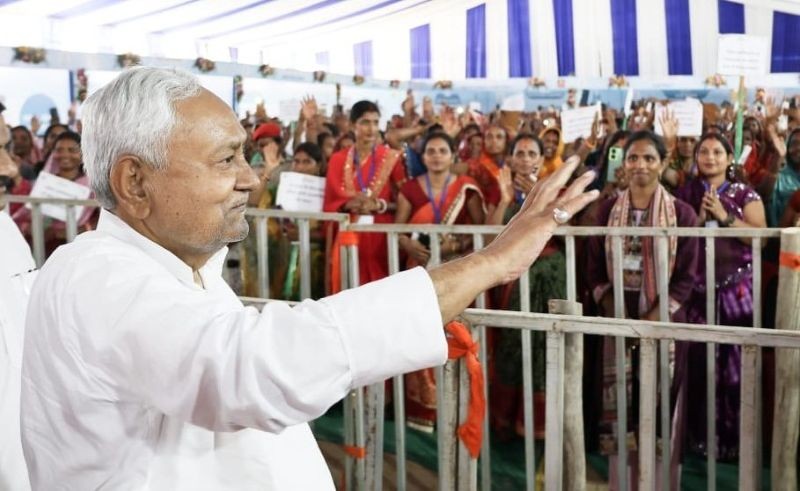Kolkata: Awareness and Joint Action by BIMSTEC countries could stem the climate rot
Kolkata: The BIMSTEC conference in Kolkata on Saturday deliberated on the issue of climate change in the region and unanimously called for cooperation and understanding of the problems and creating joint-action tempered by scientific decisions to stem the rot of climate change.
Sangay Wangdi, Researcher, Centre for Bhutan and GNH Studies (CBS), expressed his concern about the growing climate hazard in the region.
He said: "The constitution of Bhutan mandates 60 per cent of forest cover at all times and Bhutan has more than 70 per cent of land under forest cover. The problem we are facing is that, the areas which are cold are becoming colder and the areas which are hot are getting hotter.”
“BIMSTEC region exposed to various risks from natural disasters included by climate change. Moreover, it has found out that Bay of Bengal has been labelled as "extremely risk" by Global Risk Advisory Firm, Maplecroft in their Climate Change Vulnerability Index. Over the last 150 years, global average surface temperature was said to have increased by 0.76 degree Celsius. Sea surface temperature in tropical Indian Ocean has risen by 1 degree celcius on average over 1951-2015 and is projected to surge more in next century," he said.
Wangdi warned that the result of this climate change could bring with it a host of problems like sea level rise, extreme weather conditions, glacial lake outburst, vulnerable agriculture sector, ecosystem and economic loss and final vulnerable health conditions.
Echoing the same sentiments, Yogesh Gokhale, Senior Fellow and Area Convenor, Centre for Forest Management and Governance Land; Resources Division, The Energy and Resource Institute, said: "At the 13th Session of BIMSTEC senior officials' meeting in 2009, climate change was added to the governing priority and in the successive meeting the commitment for climate action was upheld and strengthened.
Adaptation, inducing climate resilience and mitigation- need to be developed and implemented at regional level. All BIMSTEC member countries have Nature based solution as a major approach committed as climate actions under Partis Climate Agreement. Mangroves have one of the highest rates of carbon sequestration and there is a huge demand of carbon credits generated from restoration, plantations of mangrove areas."
S M Shameem Reza, University of Dhaka, said: “There are various aspects when it comes to Bangladesh's response to climate change. At the national level in Bangladesh, we also had several major achievements in terms of planning as well as action. Previously Bangladesh spent almost a billion US dollars on several hundred projects and activities to tackle climate change most of which were on adaptation but a few of migration.”
“Although much remains to be agreed on in terms of setting up the fund, getting itup and running, Bangladesh hopes to achieve at COP28.Bangladesh is well placed to achieve its climate change goals of awhole-of-society approach to tackle all the different but related problems in amulti-sectoral manner, but it will need much stronger political will from the topas well as active engagement of all citizens from the bottom.
The challenges in doing things are manifold. Maintaining transparency in implementing all initiatives, managing public opinion in support of the projects, making BIMSTEC climate change agendas and initiatives visible and taking concerted actions – government, NGO, civil, society, and grassrootsorganizations," he opined.
He said that strategic planning from BIMSTEC could be the solution.
“BIMSTEC region can be a role model to provide affordable green energy. The seven countries along the Bay of Bengal can develop a renewable energynetwork in a sustainable and eco-friendly manner.
Centre for Weather and Climate (BCWC) need to be equipped enough tofacilitate applied scientific research in weather and climate changes; and topromote scientific capacity building within the framework of the BIMSTECcooperation. The new global loss and damage funding has created potentials to BIMSTEC tobring a new global approach to tackling climate change.”
IBNS
Senior Staff Reporter at Northeast Herald, covering news from Tripura and Northeast India.
Related Articles

One in five kids now overweight: Study highlights global obesity crisis
The World Obesity Federation has warned on Wednesday that the world was set to miss the 2025 global target to halt the rise in childhood obesity. And despite the deadline now being extended to 2030, most countries remain off track.

Breast cancer cases expected to reach over 3.5 million globally by 2050: Study
Despite recent advancements in breast cancer treatments, new breast cancer cases in women are predicted to rise by a third globally from 2.3 million in 2023 to more than 3.5 million in 2050. Similarly, yearly deaths from the disease are projected to surge 44%, from around 764,000 to 1.4 million, with disproportionate impact in countries with limited resources, according to a major new analysis from the Global Burden of Disease Study Breast Cancer Collaborators, published in The Lancet Onco...

Modi launches nationwide HPV vaccine drive, calls it a game-changer for India’s daughters
Prime Minister Narendra Modi launched the nationwide HPV vaccination campaign from Ajmer, Rajasthan, describing it as a pivotal step toward empowering India’s ‘Nari Shakti’ (women power) and ensuring the health of mothers and daughters.

Big health push! PM Modi to launch nationwide HPV vaccine drive from Rajasthan tomorrow
Indian PM Narendra Modi will launch the nationwide Human Papillomavirus (HPV) Vaccination Programme for 14-year-old girls on Saturday at 11:30 am from Ajmer, Rajasthan.
Latest News

End of an era! Bihar's 'Susashan Babu' Nitish Kumar announces exit as CM, set for Rajya Sabha debut

‘Baseless’: India rejects claims US used its ports to strike Iran

China eases tariffs on Canadian canola, seafood as Canada expands EV quota

Canada backs Iran strikes 'with regret', urges de-escalation: Mark Carney

